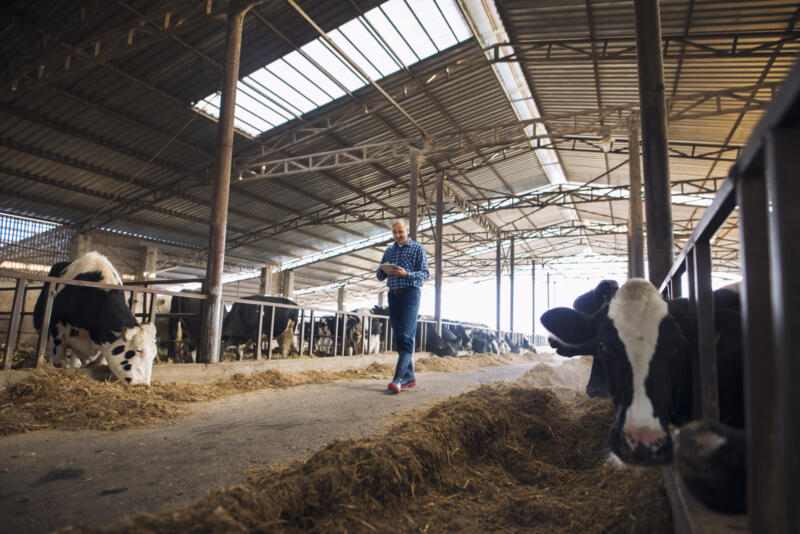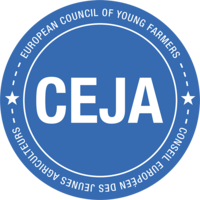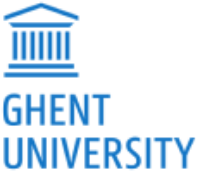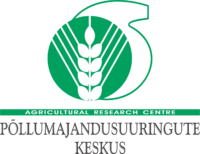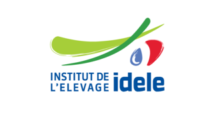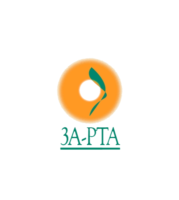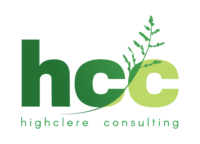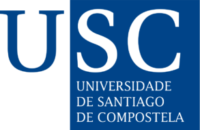Interaction and close collaboration across EUREKA working teams are essential in order to optimize and target the key data developments. At the moment, user studies are taking place and are being analysed as the foundation for building the FarmBook: Interviews with farmers, a large-scale end-user survey and multiple User journeys. A user journey is the experiences a person has when interacting with something - in the context of EURKEA “The FarmBook” (web-portal) that is being developed.
Fortunately, EUREKA can rely on some of the technical work done in the sister project - EURAKNOS- for many of the necessary data developments.
The 28 October the data development team in EUREKA meet to discuss the status and current developments of the technical part of the FarmBook.
Hercules Panoutsopoulos is a Mathematician based at the Agricultural University of Athens. His work revolves around NoSQL storage systems design and development, as well as Natural Language Processing. Based on the evaluation of multi-actor projects, digital User journeys, interviews with farmers and the extensive quantitative end-user survey, Hercules and his team in EUREKA are creating the “blueprint”, meaning the design and architecture of the FarmBook and further developing the repository to store the data collected from multi-actor projects. The blueprint will be used to build a working prototype, which will be tested and optimized together with end-users. This will allow existing and future multi-actor projects to easily share knowledge (data sets, documents, multimedia objects) in a consistent format, ensuring ease of re-use.
Hercules explains: “We design a logical diagram that shows what this platform is made of, and how all the components talk with each other. Further, we lead the task that has to do with the repository – the software (system) that will store the data objects to be served for the users of the platform. Our work is based on the work already done in EURAKNOS; we are upgrading all the work – the design and developments – taking place in EURAKNOS in order to fit it into the particularities in the EUREKA project. There are some differences mostly related to content that will need to be considered. For example, in EURKEA we are dealing with a much broader set of projects”.
Tim Hendriks, a software engineer at Maastricht University, adds: “We are also improving on EURAKNOS in the EUREKA project by focusing on automatically adding some extra meta-data to the data objects, such as keywords and topics, in the case of documents. The biggest challenge in the development process is that everyone in the project is working on different things, and in the end, we need a coherent end-product. It is of great importance that we interact and collaborate across areas of responsibility”. Here Davino Van Hal from Leap Forward plays an important role, as he is coordinating the end-user surveys and acts as link between the end-user needs and the data developments.
The first prototype of the working FarmBook platform will be launched in March 2021.
















